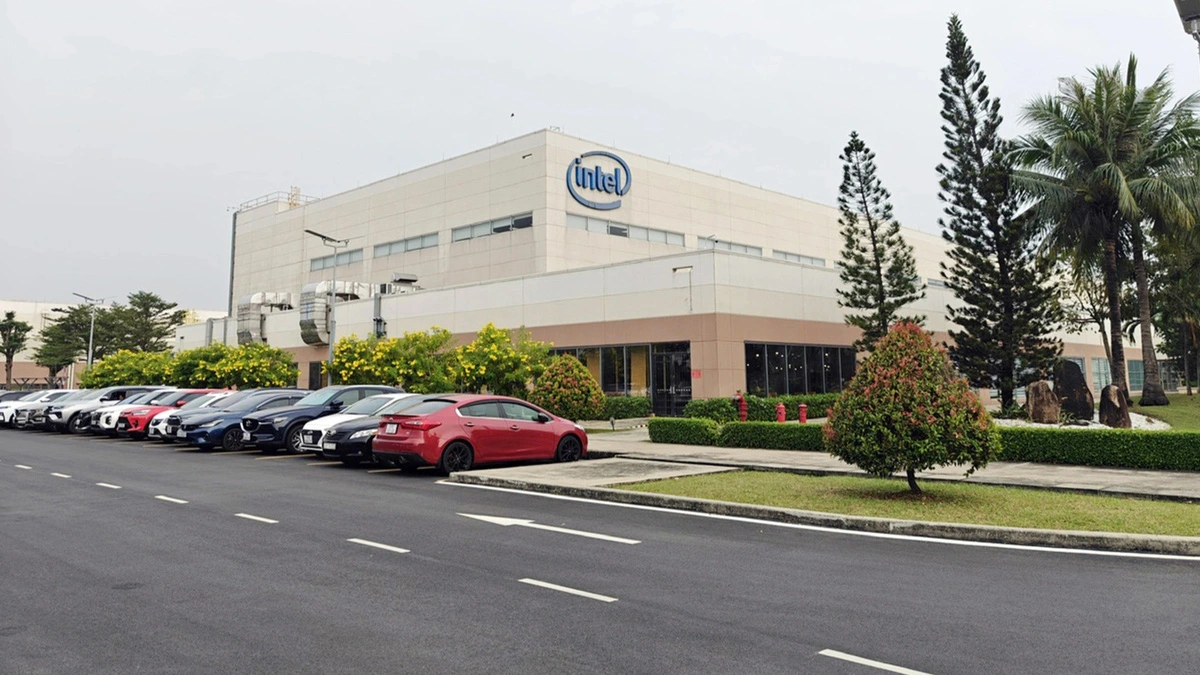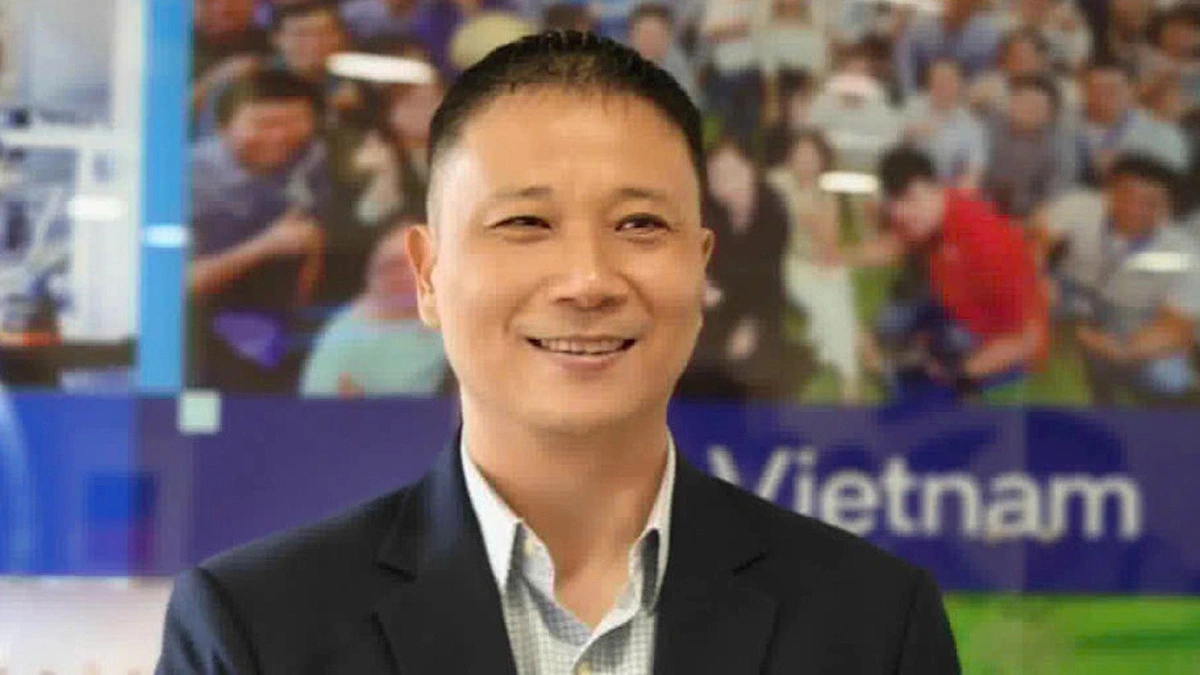U.S. technology company Intel has invested more than US$1.5 billion in Vietnam and will continue to expand its investment by upgrading its factory and applying new technologies, Kenneth Tse, vice-president of Intel Corporation and factory manager of Intel Products Vietnam, said in an interview with Tuoi Tre (Youth) newspaper.
Intel expects to continue expanding in the market and increasing its contribution to the Vietnamese economy, with a view to creating a sustainable future for both Intel and Vietnam.
"We will continue to support Vietnam's high-tech semiconductor projects,” said Tse.
However, given the current global economic context and the company’s internal situation, Intel is temporarily postponing some investments and adjusting its strategy. But in the long term, Intel still intends to continue investing in Vietnam.
This decision will depend largely on market developments, which is also normal for any semiconductor manufacturing company, Tse claimed.
At the end of 2024, the Vietnamese government issued its strategy for the development of the country’s semiconductor industry through 2030 with a vision to 2050. The plan included attracting FDI investment in a selective manner and establishing at least one small semiconductor chip manufacturing plant and ten semiconductor packaging and testing factories.
Regarding these ambitions, Tse said it was reasonable, but would require intense focus, flexibility, and cooperation.
From Intel's perspective, it is critical that Vietnam develop its human resources. Intel is currently doing this through a partnership with Arizona State University in the U.S., as well as local governments and universities.
As a manufacturer in Vietnam, Intel continues to support workforce training through scholarships, internships, and employment opportunities. Since its factory in Vietnam began operations, Intel Vietnam has trained between 8,000 and 10,000 local engineers and technicians.
Intel has also signed many memoranda of understanding with universities, including the Ho Chi Minh City University of Technology, to focus on training in AI.
The company is also working with the Ministry of Education and Training to popularize AI and prepare human resources for the future.
|
|
| Kenneth Tse, vice-president of Intel Corporation and factory manager of Intel Products Vietnam. Photo: Duc Thien / Tuoi Tre |
With its global reach, Intel has the advantage of learning from other countries and applying best practices. The company has worked closely with local governments to promote policies that support the high-tech industry, recognizing that the semiconductor sector requires significant investment and that business environment and infrastructure policies are critical to its growth.
Vietnam has been successful in attracting investment, Tse noted, while suggesting the establishment of a 'one-stop-shop' process to streamline procedures.
If there is a ministry or a single representative responsible for assisting investors with infrastructure and industry-related requirements, the investment process will be smoother. This was also an important factor for Intel’s success during its early stages of investment in Vietnam.
The global supply chain has changed significantly since the COVID-19 pandemic, with industries realizing the risks of concentrating too many resources in one area.
Tse believed that Vietnam is in a strong position to capitalize on this shift and has already begun to witness significant movement in that direction.
Intel is committed to continuing to develop its supply chain in Vietnam. Previously, it imported several key components but it is now expanding its supplier network in Vietnam.
As a pioneer in the hi-tech industry, Intel actively seeks ways to promote the expansion by working with the government to organize supplier conferences.
This will help Intel attract suppliers who may be interested in Vietnam and create opportunities for the government and businesses to exchange ideas and create new opportunities.
Vietnam boasts a young, dynamic, and hardworking workforce, a stable political and social structure, and a government with strong development aspirations. These factors will play an important role in Vietnam's position in the volatile global supply chain.
Since 2010, when its main production line officially went into operation, Intel Vietnam has contributed more than $96.2 billion to Vietnam's export turnover, accounting for nearly 60 percent of the total export turnover of the Saigon Hi-Tech Park and about 25 percent of the export revenue of Ho Chi Minh City.
By the end of 2024, Intel Vietnam had produced more than 3.9 billion products. That figure is expected to reach four billion by April 2025.
Intel Vietnam is the largest assembly and testing facility among the four assembly and testing factories of Intel worldwide.
Like us on Facebook or follow us on Twitter to get the latest news about Vietnam!





















































